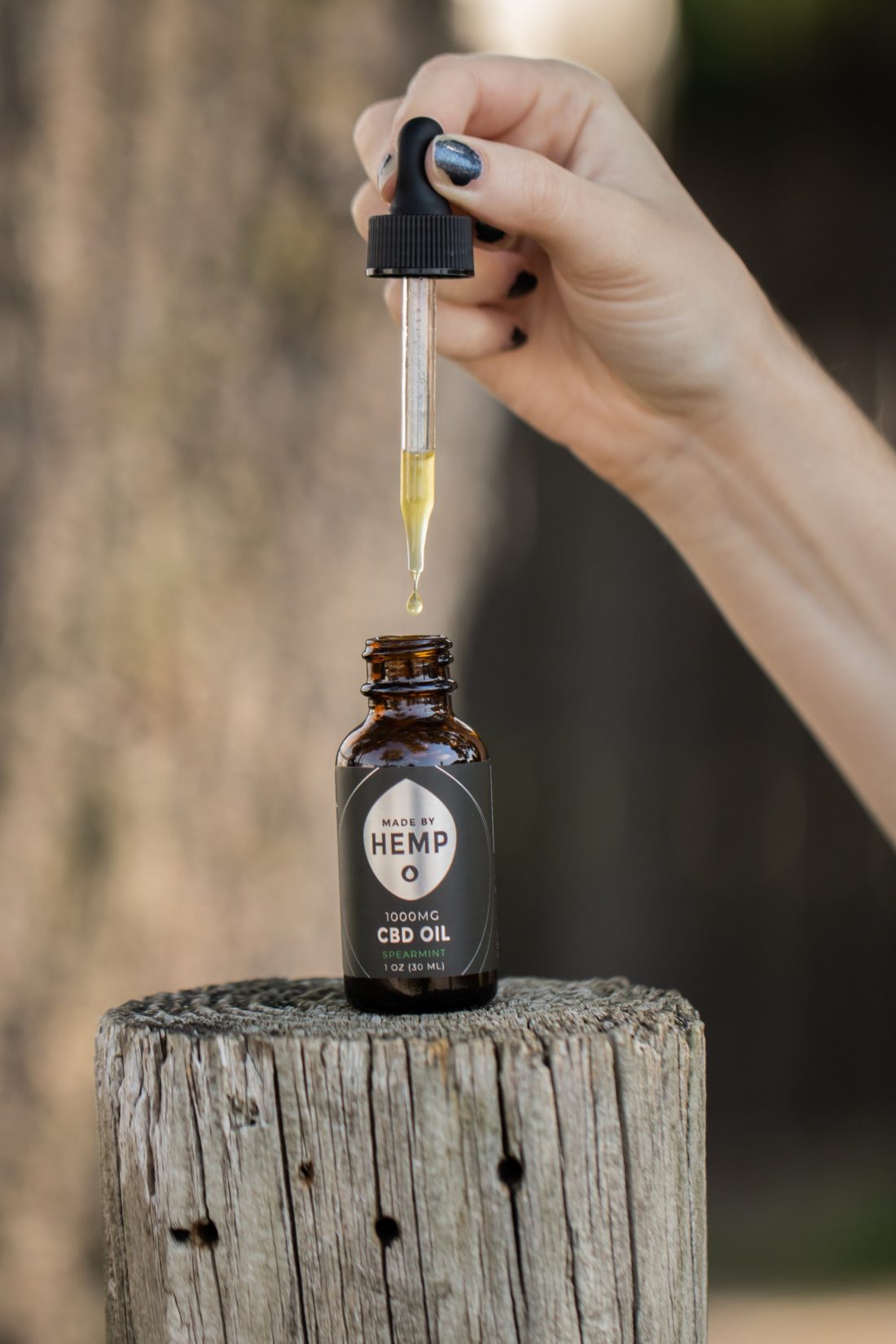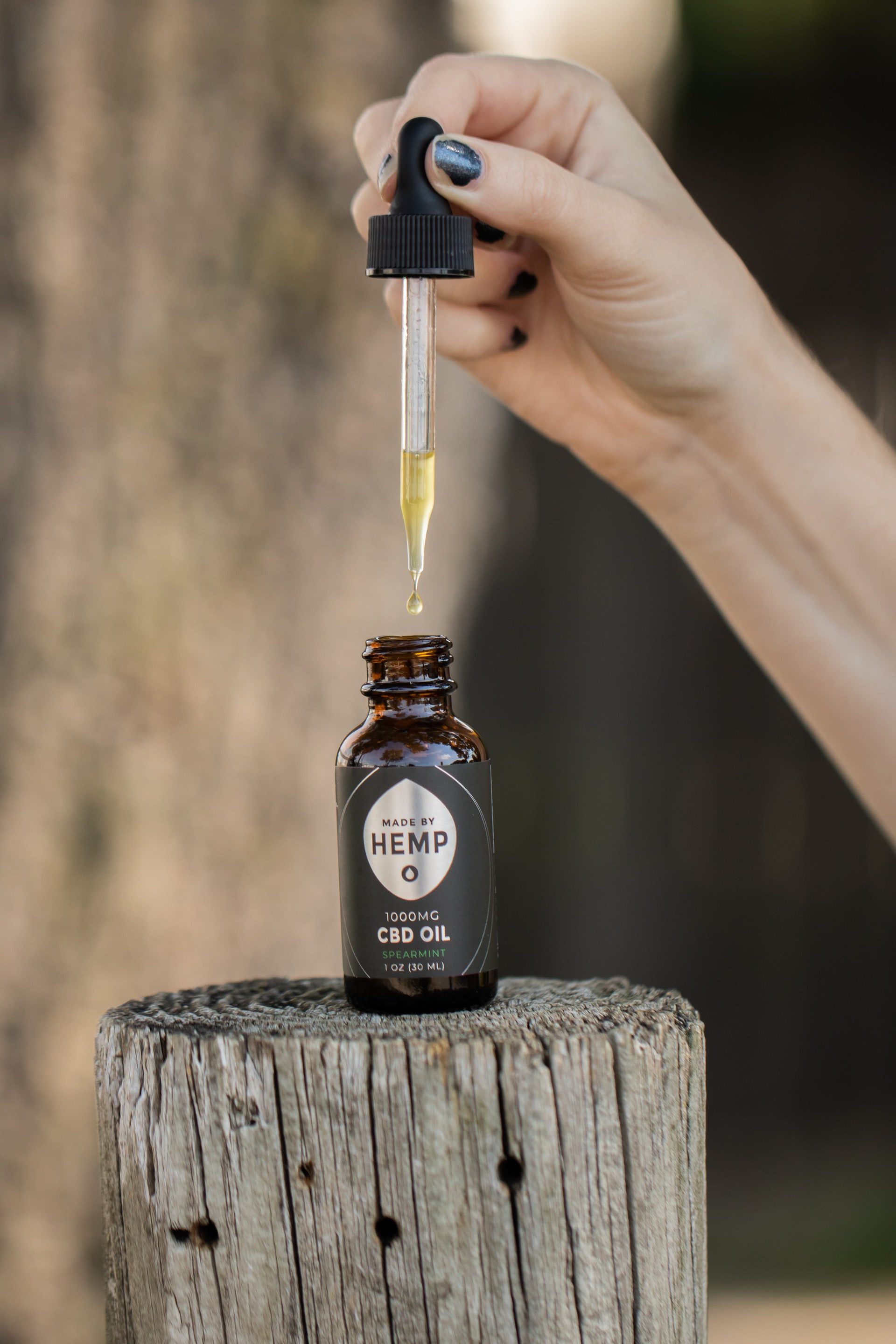 Cannabidiol (CBD) is a wellness supplement that many people are using to cope with their mental and physical illnesses. CBD comes from the cannabis plant, however products must be made using extracts from a special type of cannabis, known as hemp, because it doesn’t have the psychoactive properties of traditional weed. The effectiveness of CBD products is contested by scientists, as there isn’t much clinical evidence yet, but users are having great results with products.
Cannabidiol (CBD) is a wellness supplement that many people are using to cope with their mental and physical illnesses. CBD comes from the cannabis plant, however products must be made using extracts from a special type of cannabis, known as hemp, because it doesn’t have the psychoactive properties of traditional weed. The effectiveness of CBD products is contested by scientists, as there isn’t much clinical evidence yet, but users are having great results with products.
When deciding on which CBD to use, people typically have the choice between two types of extract. There is CBD-isolate, a slightly cheaper option made with just CBD, and there are full-spectrum cbd oil (or broad-spectrum) hemp products, that are a bit pricier, but are made with the whole hemp extract.
Some users find CBD-isolate products preferable as they have no THC so are better for workplace drug tests. However, in terms of therapeutic effectiveness, CBD is better because it has a collection of therapeutic components, rather than just one, and these interact together to produce an important synergy. Let’s take a closer look at all the beneficial compounds found in hemp, and full-spectrum CBD products.
Cannabinoids
These are the essential compounds that distinguish hemp and cannabis from any other plants. Cannabinoids are special because of their effect on the endocannabinoid system (ECS). CBD is a cannabinoid, as is THC. Also vital to a full-spectrum hemp product are the second-tier cannabinoids, which include cannabigerol (CBG) and cannabichromene (CBC).
CBD: The primary non-intoxicating cannabinoid in hemp. CBD helps to regulate the ECS, and is used to mediate pain, mood, appetite and the immune system. The cannabinoid works as an antagonist (blocker) of cannabinoid receptors, and by enhancing levels of endogenous cannabinoids, known as endocannabinoids.
THC: This cannabinoid has a psychoactive effect, and is therefore only permitted in hemp products if it accounts for less than 0.3 percent of the overall weight. THC can help to improve mood and appetite, and also reduce pain and inflammation. THC is a stronger version of the endocannabinoid anandamide, and is a CB1 and CB2 receptor agonist.
CBG: This cannabinoid is, like CBD, believed to boost active amounts of anandamide. CBG has anti-inflammatory properties, and also produces an antibacterial effect. Full-spectrum creams with CBG may be useful for treating skin infections.
CBC: Another non-psychoactive cannabinoid, CBC is a potent anti-inflammatory that helps to reduce swelling, and is also effective as a general analgesic. CBC’s exact effects on the body are not well understood, but the cannabinoid is also good for neurological health, promoting neurogenesis.
Terpenes
These compounds are not just present in hemp, but are found in a variety of spices, herbs and plants, and they contribute significantly to scent and flavor. Every strain of hemp has a different terpene profile, which explains the different aroma and taste, as well as the unique effects. Some terpenes have strong anti-inflammatory qualities, while others are great for enhancing mood. The terpene profile of a full-spectrum CBD product helps users to decide which oil or CBDistillery vape juice is right for them.
A terpene that regularly turns up in hemp, and has been compared a lot with CBD, is beta-caryophyllene (BCP). This terpene occurs naturally in black pepper, clove oil and rosemary, and helps to relieve pain and inflammation, while potentially lowering the risk of brain disease.
Flavonoids
Many cannabis researchers are confident that flavonoids are vital to truly understanding the plant. And indeed, a 2019 study showed that one flavonoid, cannflavin A, is 30 times stronger than aspirin for inflammation relief.
Research from the University of Guelph explained that two flavonoids, cannflavin A and B, may be a key component for any future painkiller treatments. Such medication is in greater demand than ever as researchers seek to develop safer drugs than opioids. The effects of flavonoids further confirm why CBD products that make use of the entire hemp plant extract are better than those made with isolated CBD.
The ‘entourage effect’
This is the name used to describe the synergistic interaction that happens when all of a plant’s cannabinoids are taken together. The effect is usually discussed in relation to psychoactive cannabis, with CBD seeming to help balance out the influence of THC.
However, the term is regularly used to describe the value of whole-plant extracts over isolates. Research into the ‘entourage effect’ has found that the effects of cannabinoids are greater than the “sum of their parts” when taken as one. That said, ‘entourage effect’ research is still in its early stages.
